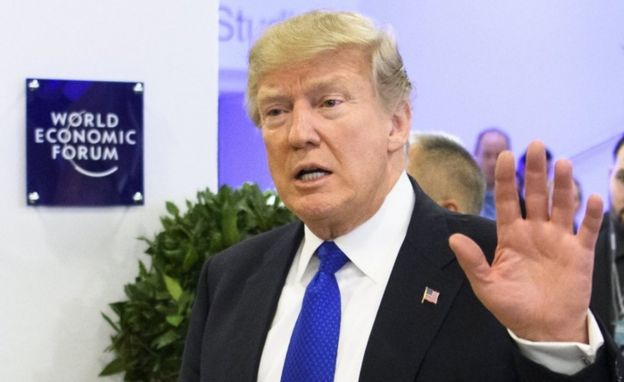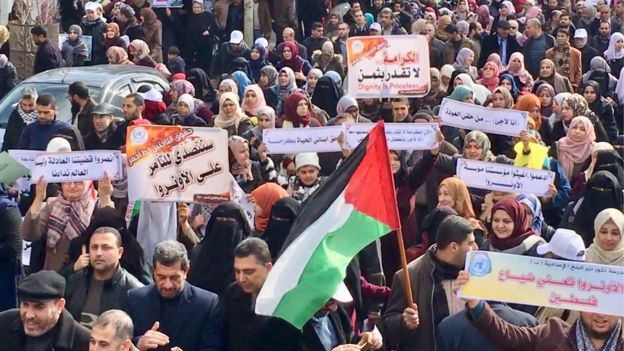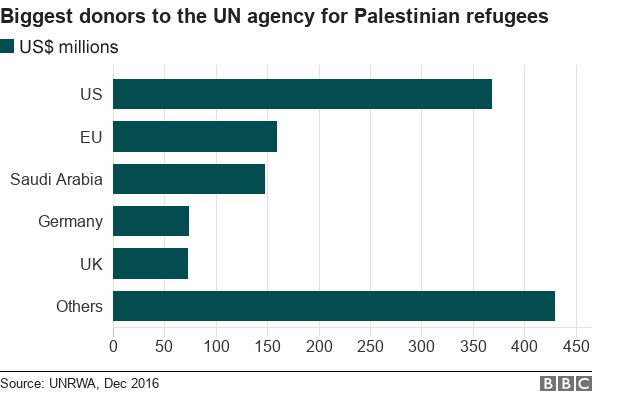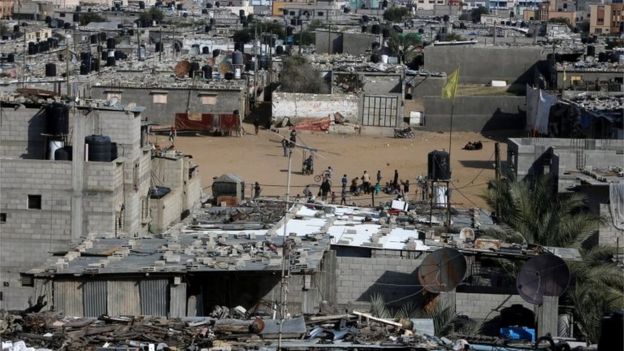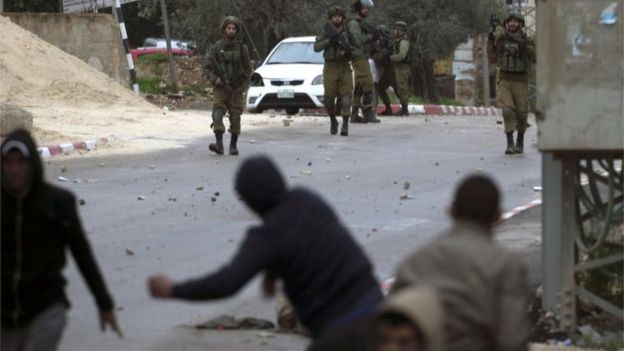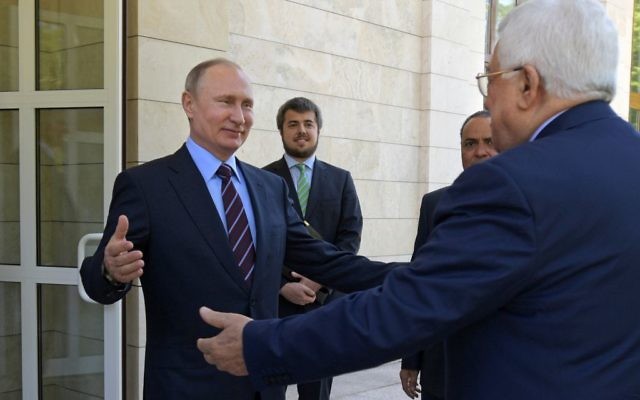- Joined
- Dec 6, 2010
- Messages
- 33,422
- Reaction score
- 5,683
RAMALLAH, West Bank — The US Department of State announced Jan. 16 that Washington has decided to withhold $65 million out of its $125 million contribution to the United Nations Relief and Works Agency (UNRWA) to pay the salaries of its employees and the expenses of refugees in schools and health facilities under its management in Jordan, the West Bank, the Gaza Strip, Lebanon and Syria. The decision comes after US President Donald Trump threatened in a tweet Jan. 2 to cut aid and funding to the Palestinian Authority (PA) because it refused to negotiate on a peace agreement with Israel.
UNRWA’s total budget (regular, emergency and project budgets) is equivalent to $300 million, according to an UNRWA press statement Jan. 16.
The US aid provided to Palestinians is divided into two parts: The first part offered by Washington to UNRWA covers its services to Palestinian refugees and pays employees’ salaries. The second part is provided through the US Agency for International Development (USAID), which implements projects in several fields in the West Bank and the Gaza Strip. The United States does not give any direct funding to the PA and its government.
An official source at the US Consulate in Jerusalem told Al-Monitor on condition of anonymity the unpublished figures of Washington’s 2017 donations. The source said, “Washington offered $355 million to UNRWA in 2017, $95 million of which was allocated to the West Bank and the Gaza Strip.”
In addition to the $355 million to UNRWA, the United States also offered in 2017 $254 million through USAID, and they were distributed as follows: $70 million to reduce the PA’s debt, such as electricity debts; $29.7 million in humanitarian aid and for the water sector in Gaza; $70 million for water supply and sewage projects in the West Bank; $8.7 million for economic growth, power and private sector development in the West Bank; $32 million for infrastructure, roads and social projects in the West Bank; $24.5 million for youth and education in the West Bank; $14.5 million for democracy and governance; and $4.8 million for the health sector in the West Bank.
Cutting part of the US funding for UNRWA and the constant threats in this regard poses questions about the negative repercussions and their impact on the future of the PA, its financial situation and ability to continue its work under these circumstances, as Palestinian refugees in the camps in the West Bank and the Gaza Strip fall under the PA’s authority.
The director of the Palestinian Economic Council for Development and Reconstruction in Ramallah, Mohammad Shtayyeh, told Al-Monitor, “Washington’s threats to cut aid are a clear form of political extortion that we refuse to succumb to.”
He noted that US support is dedicated for UNRWA and some USAID infrastructure projects rather than the government’s budget and treasury. He said, “Washington’s aid halt will not affect the government’s budget unless the United States uses its influence to impact some donor countries to halt their aid too. Only then will the decision affect us negatively.”
The PA mostly fears the freezing of UNRWA aid by the United States would have negative consequences on the refugees. Besides, Israel might impose economic sanctions on the PA such as freezing money transfers, which are the main contributor to the Palestinian budget.
Shtayyeh said, “The PA can bear the US aid halt for some projects because it refuses extortion of its political stances and Washington’s bias to Israel. Messing with UNRWA’s work will affect the refugees and will have security repercussions on the Arab region — not just the Palestinian territories.”
He added, “If Israel freezes the transfer of Palestinian tax funds to extort us — like in the past — our reaction will be different and we will resort to the international courts.” On Jan. 4, 2015, Israel froze Palestinian tax funds after Palestine joined the International Criminal Court.
Nasser Qatami, the adviser to the Palestinian prime minister for Arab and Islamic fund affairs, told Al-Monitor, “Halting US aid will have a negative impact on sectors that benefited from it like the health and infrastructure sectors.”
He said that the Palestinian government might resort to three plans to fight the US aid freeze: It will take austerity measures in public spending, ask for support from Arab and Islamic countries, and activate the $100 million Arab financial safety network, which the Arab foreign ministers adopted on Nov. 13, 2012, to fund the PA monthly in case Israel freezes the funds owed to the PA.
Palestinians fear that halting UNRWA’s aid might be the beginning of a US-Israeli plan to settle the refugees affair. Samir Abdullah, the research director at the Palestine Economic Policy Research Institute-MAS and former Palestinian minister of planning, told Al-Monitor, “Cutting UNRWA’s aid will negatively impact the refugees and will disrupt the work of the agency, which employs thousands of teachers and educates thousands of students, in addition to offering humanitarian and food aid in the West Bank, the Gaza Strip, Jordan, Syria and Lebanon.”
Abdullah noted, “I am worried that this freeze might be part of a US-Israeli plot to dissolve UNRWA and close the Palestinian refugee file, after Trump recognized Jerusalem as the capital of Israel.”
Economics professor at Birzeit University Nasser Abdul Karim told Al-Monitor, “The Palestinian economy has a lot to lose with the freeze of US aid, but not to an extent that is unbearable to the PA.”
UNRWA employs Palestinian labor and has contracts with Palestinian companies and facilities.
Karim said it is possible to make up for the aid through internal alternatives such as adopting austerity measures, controlling public spending, improving tax collection and fighting tax evasion, or seeking additional aid from the European Union and the Arab countries as well as activating the Arab safety network. He added, “I believe the EU is ready to offer more financial aid to keep the PA alive and kicking and to preserve hopes of a political settlement with Israel based on the two-state solution.”
https://www.al-monitor.com/pulse/or...d-palestinian-authority-economy-refugees.html



